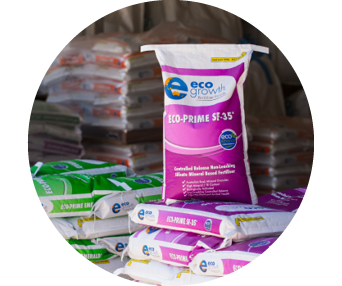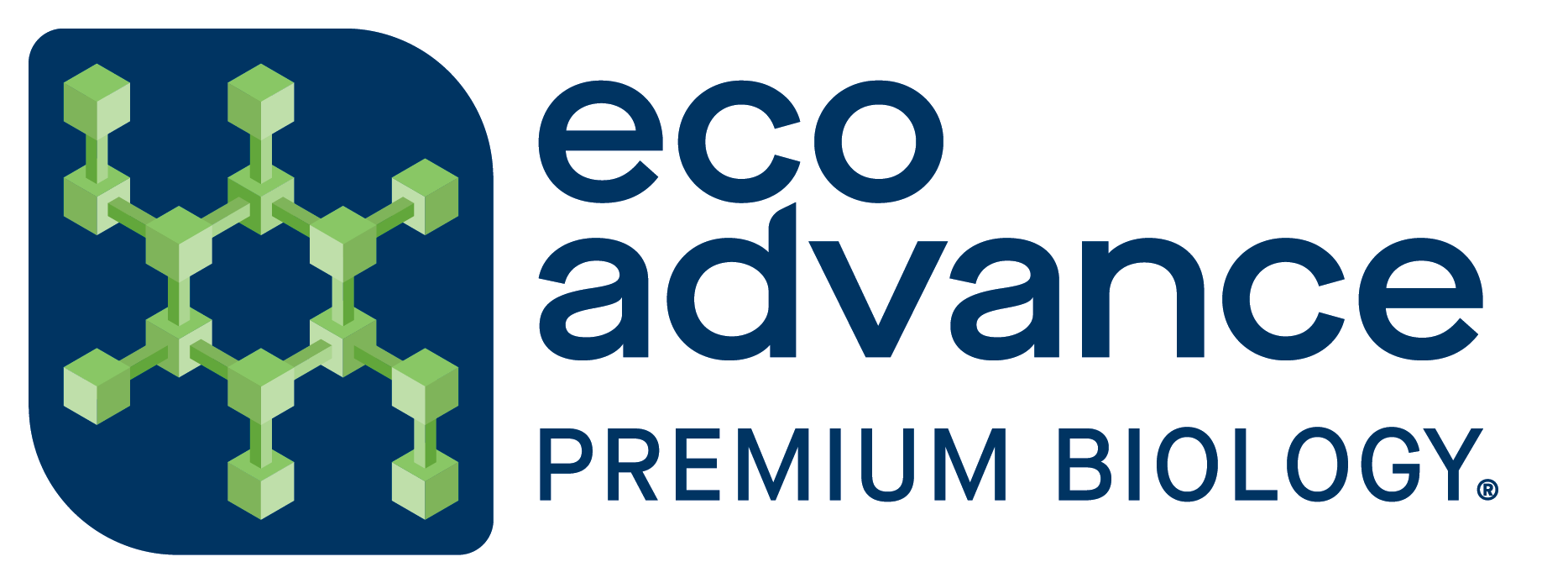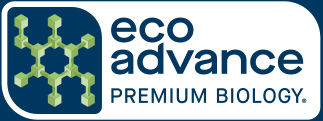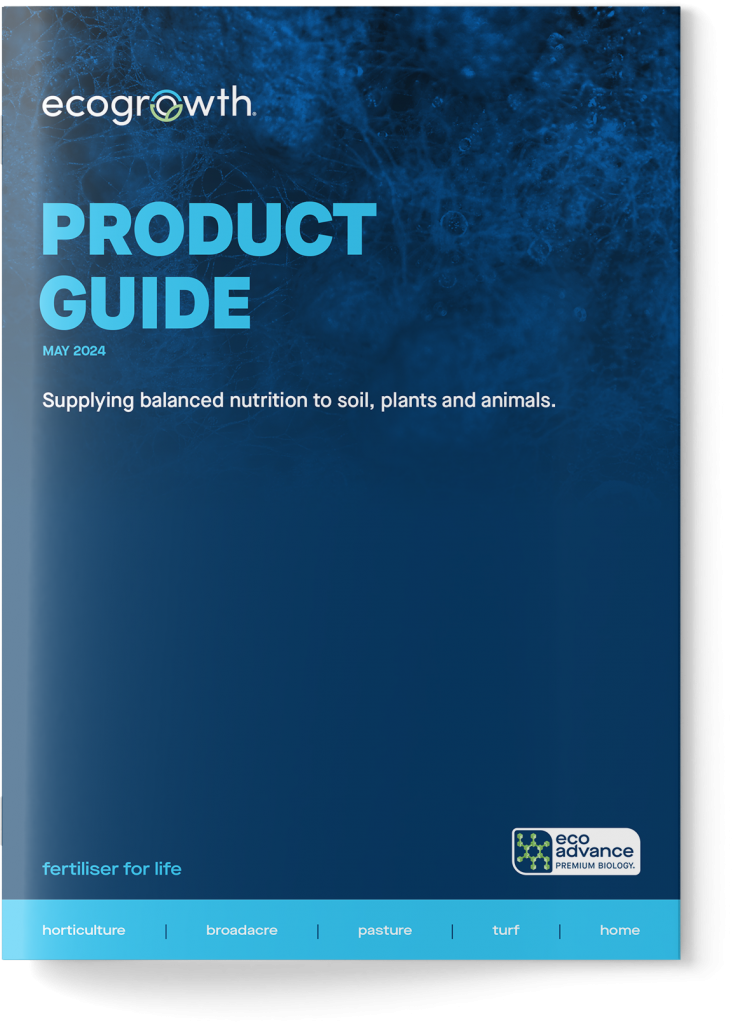
NEWS
Ecogrowth continues support of revamped Big Bag Recovery program
We’re helping the Big Bag Recovery program to divert 60,000 tonnes of plastic annually, from landfill to be recycled products.
Specialist fertiliser company Ecogrowth is partnering with the newly expanded Big Bag Recovery program, aiming to divert 60,000 tonnes of plastic annually for recycling into new products.
CEO and Managing Director Joe Bovell said the company was already participating in the program’s predecessor as an important way to fully support product stewardship.
“A big part of our approach is to minimise our environmental impacts while making life as simple as possible for our customers.
“That’s why we first became involved with the Farm Waste Recovery program three years ago.
“Now that this program has been superseded with the Big Bag Recovery program, to cover more commercial sectors, of course, we wanted to remain involved.
“I see it as an important part of our stewardship obligations to minimise waste and support recycling of our bags wherever possible.”
The driving force behind the Big Bag Recovery program is Managing Director Stephen Richards, who says he is enormously proud of the organisation’s association with Ecogrowth.
“They are leaders in product stewardship for their packaging, and giving their customers an opportunity to easily manage waste in a sustainable way.
“We are working with the Ecogrowth team, as early adopters, to ensure that plastic packaging is collected and disposed of appropriately, and in a way that adds value across the supply chain.”
Solutions for soft plastics
The Big Bag Recovery program recycles any polypropylene and low-density polyethylene plastic bag or sacks over 15kg volume, with national collection points across regional and metropolitan centres, including council compounds and network partner locations.
In March this year, the program was officially accredited by the Federal Environment Minister, becoming only the second one authorised in this way.
“For anyone familiar with the Farm Waste Recovery program, we operate in a similar fashion,” Stephen explained.
“It is essentially the same approach, but for any soft plastic bag or sack larger than 15 kg or litres, and we now look after many different sectors in addition to farming operations.
“Our national target is to recycle 60,000 tonnes annually.
“The drop-off points are located centrally to make collection as easy as possible, and for large amounts, we can pick up directly from your site.
“By expanding the types of packaging sourced, we can deliver greater benefits.”
Of the plastics collected by the program, around 30% is from agriculture and mining, and the manufacturing, food and construction sector, with the remaining 10% from small businesses.
The collected plastics are mechanically processed into resin pellets which are then used to manufacture new products. The company is also investigating advanced processes with the potential to recycle plastics for battery manufacturing, for example.
Joe says programs like this are essential to help organisations meet regulatory and social responsibility obligations.
“With the recent changes stopping Australian waste from being sent offshore for recycling, we need to find better and more efficient ways to handle it ourselves.
“We now have the incentive, you might say an imperative, to look after our own footprint and ensure good environmental outcomes.
“We have a great opportunity with programs like Big Bag Recovery to steward and add value to these waste streams domestically, capturing plastics before they enter the environment.
“For us, it’s part of doing business in the right way, for the long term.”


